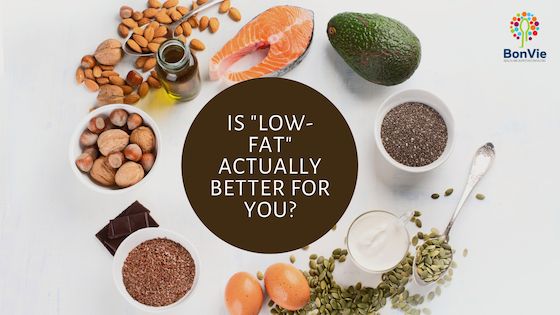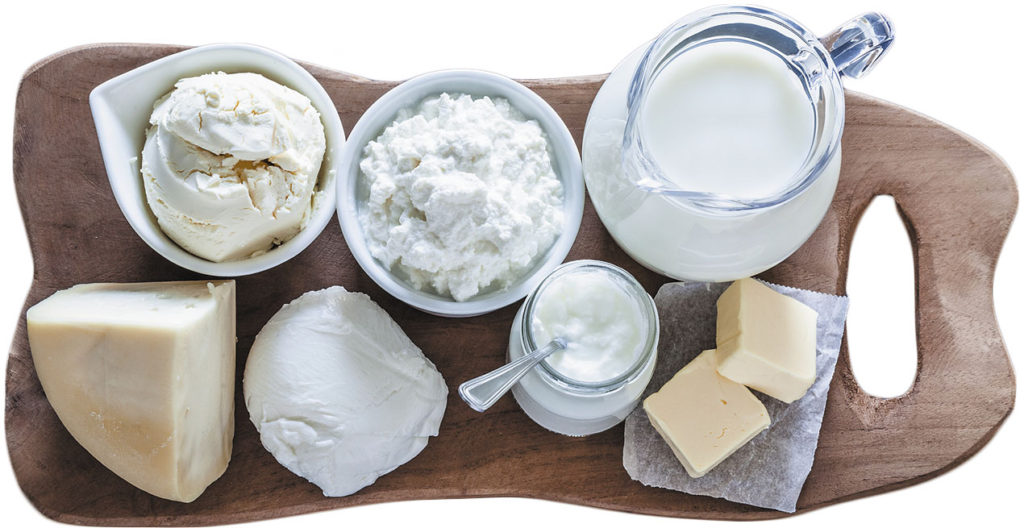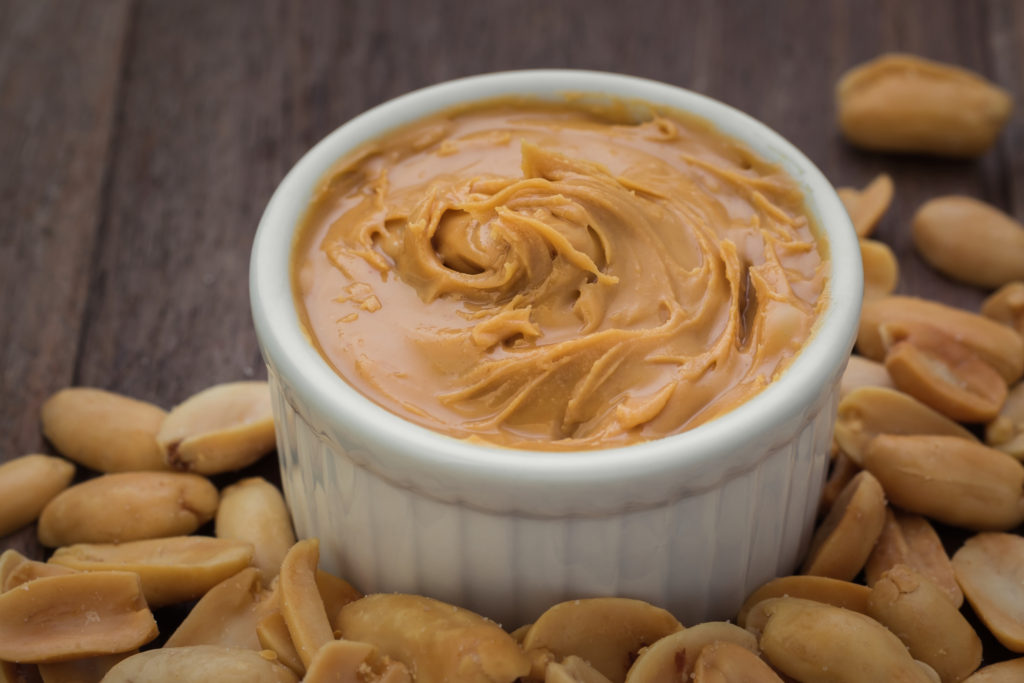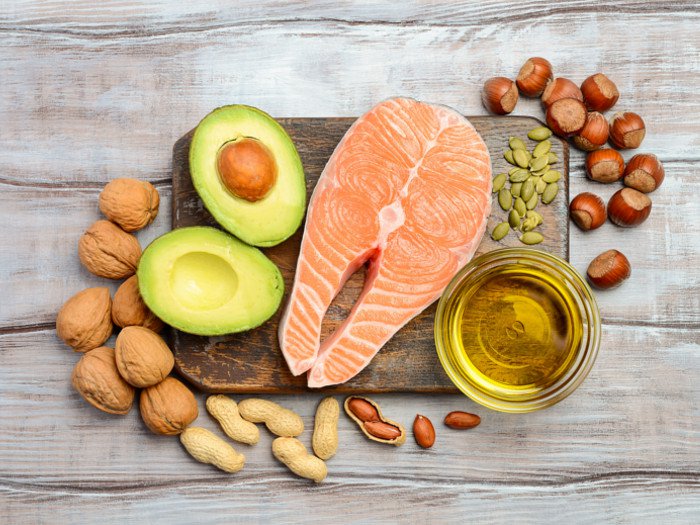
11 Jul Is “low-fat” actually better for you?
Low-fat cheeses and fat-free, sour cream, yogurts, low-fat pastries such as muffins, and salad dressings are just among a few of the food items that have been made “low fat” or even “fat-free” to keep up with the diet trends. But, how GOOD are these food items for your overall health and longevity?

Low fat and fat-free food items are without a doubt lower in calories and fat content compared to full-fat items, which might tempt you if calorie restriction is among your health goals. But BEWARE of the tradeoffs!
In addition to their often off-putting tastes and textures, these foods typically have tons of unhealthy additives that make them a poor choice for your health and your weight loss goals. Additional sugar, thickeners like wheat flour, and salt are often added in large quantities to make up for the lack of fat. Vegetable oils and other processed oils may be added in place of naturally occurring fats. Even worse, processed oils containing trans-fats have been shown to increase one’s risk of heart disease and obesity (even with just 1 gram per day added to your diet!).

Rather than focusing on consuming low fat or fat-free foods, enjoy fuller fat foods in moderation. These foods should be savored and enjoyed, without giving up taste or health benefits. Focus on eating healthy monounsaturated fats from sources like nuts, nut butters, avocados, olives, olive oil, etc. Monounsaturated fats have been shown to reduce so-called “bad” cholesterol or LDL and increase “good” cholesterol.

Other healthy sources of fat include full-fat cheese, dark chocolate, whole eggs, fatty fish, seeds, and full-fat yogurt, among others. With more fat, a smaller amount can go a longer way. Fat actually helps to keep you feeling full and energized for longer periods of time with fewer calories. So…the next time you’re torn between the “real” full-fat version and the “reduced” fat versions, please choose the “real” stuff in a proper portion and enjoy!


No Comments